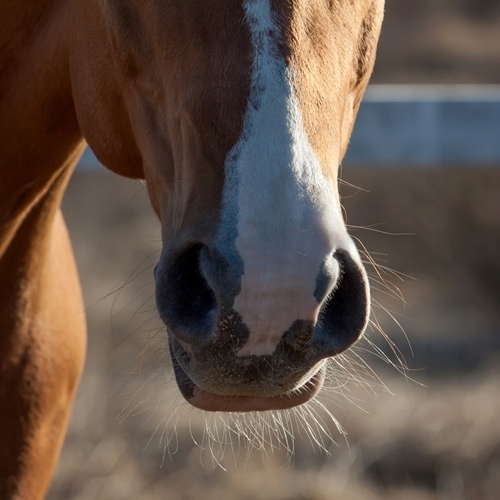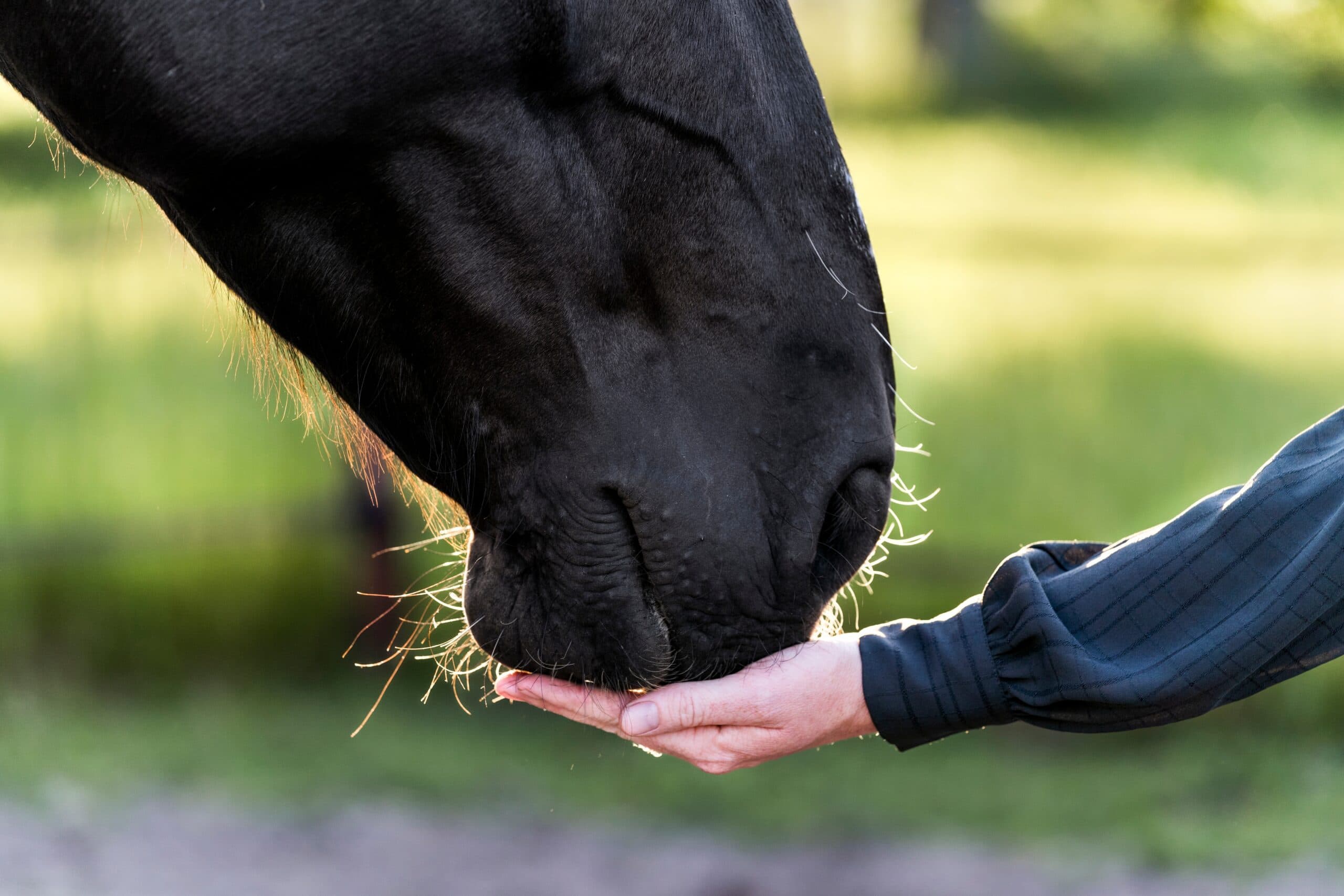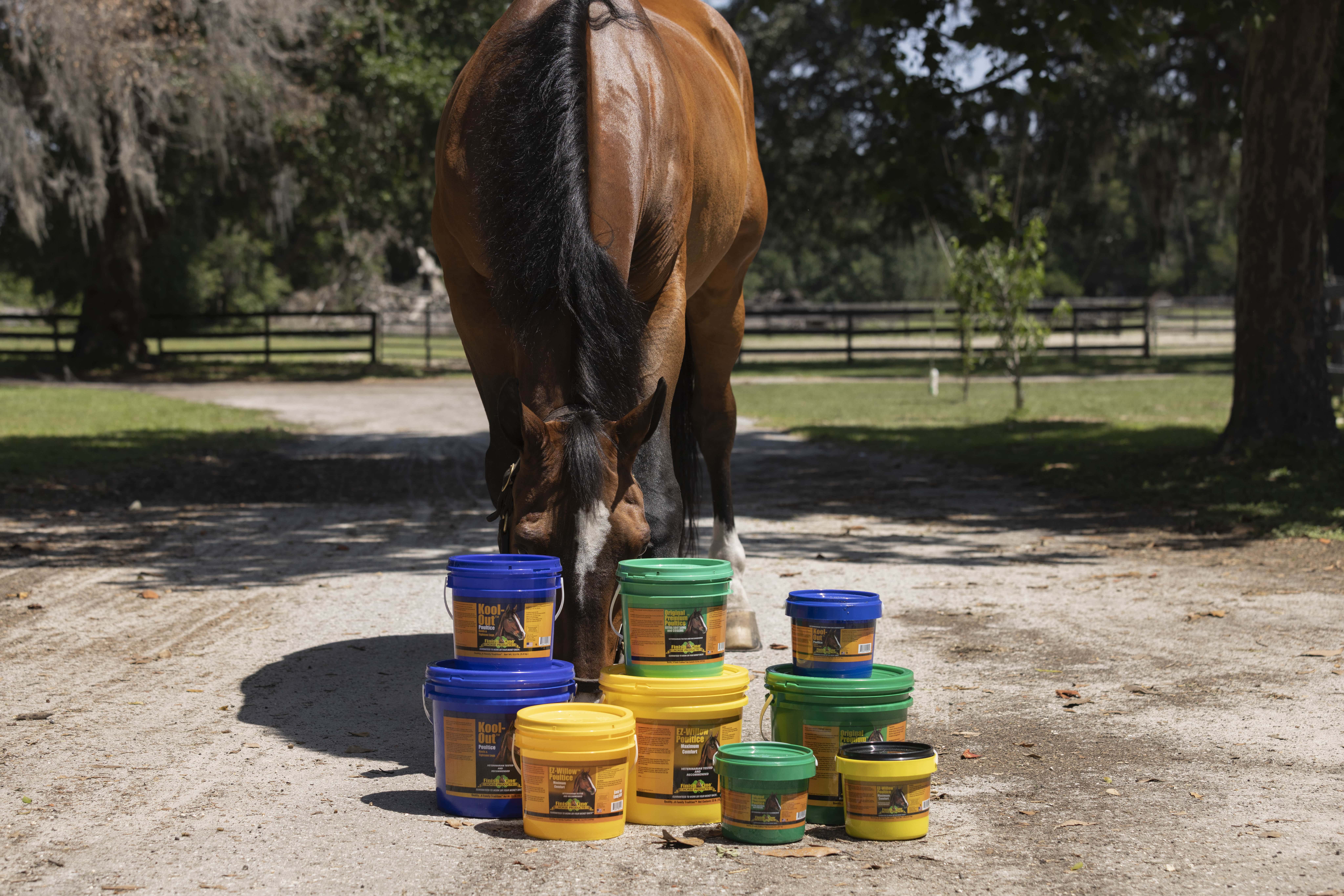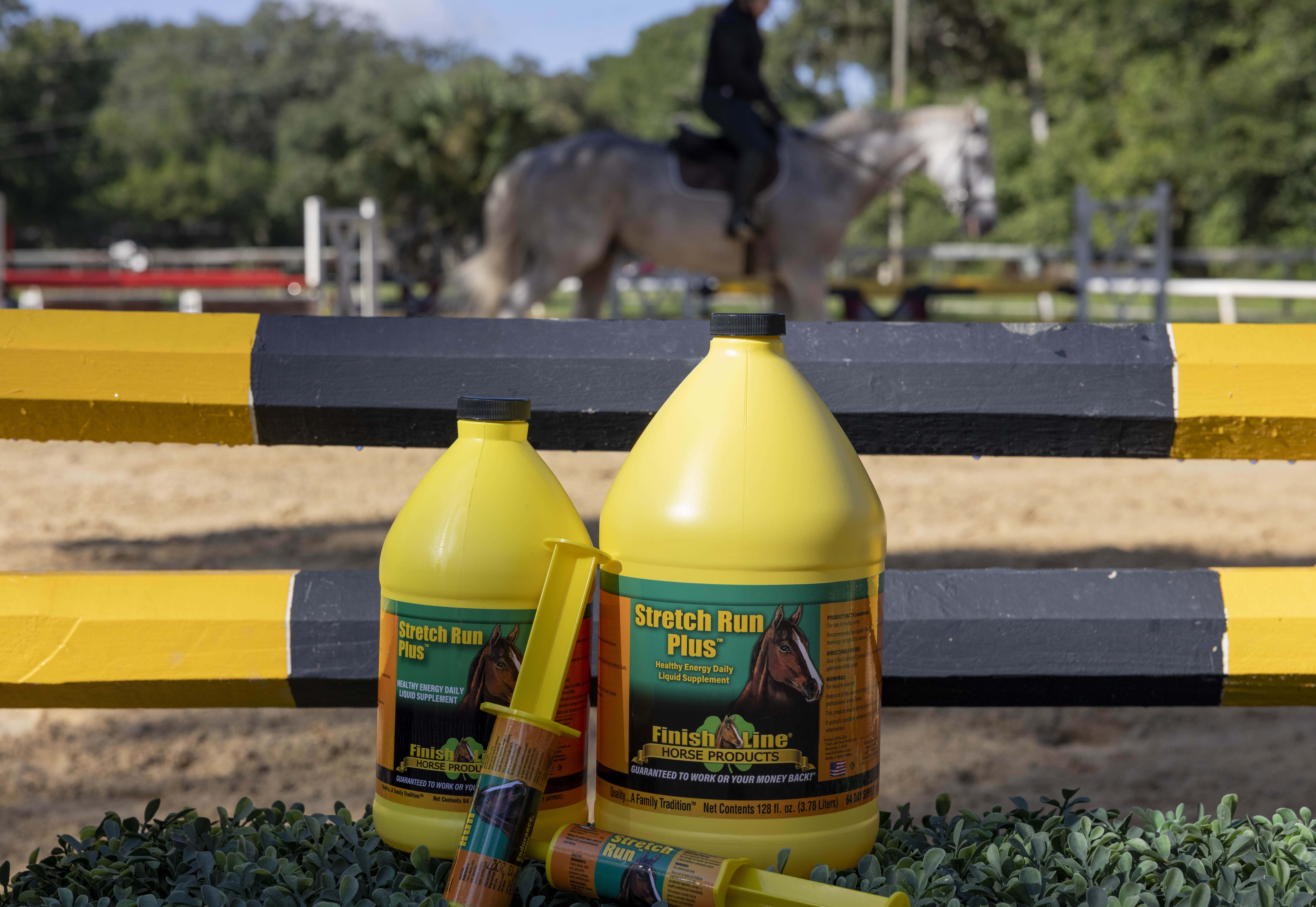People share many similarities with horses, arguably the most common is that none of us are immune to the common cold. From fluctuations in the weather to not receiving enough vitamins, electrolytes and minerals, there are plenty of ways a horse can catch a general viral infection. When it comes to treating the common cold in horses, there are plenty of healthy solutions to get your animal back on its feet and feeling great again. Here are the essential steps and actions trainers can take to ensure their horse isn’t affected by a cold for too long:
Detecting signs of a cold
Perhaps the trickiest aspect to dealing with a cold in your horse is simply detecting it. There are plenty of known characteristics a horse will display when a viral infection occurs, such as fatigue, loss of appetite, coughing or discharge from the eyes or nostrils. This is why it’s important to never overlook any potential symptoms of an infection. According to My Horse University, equine influenza (flu) is the most common viral infection found in horses, and if not treated early on, the horse could remain contagious to other animals for upwards of 10 days. It’s also reported by the American Association of Equine Practitioners that younger horses, ages 1 to 5, are more susceptible to influenza than older horses, so be especially cautious if you’re concerned a youthful horse is sick. Addressing symptoms within your horse as swiftly as possible will help ensure that any other horses you have won’t be infected.
Isolating the horse
After your suspicions of a cold have grown to the point of concern, you’ll need to contact your veterinarian to confirm whether a viral infection is taking place. The usual way a doctor will test for horse influenza is by taking a sample of its nasal mucus or a blood sample to analyze whether there’s a viral infection. When a veterinarian has identified a cold infection, the first thing you’ll need to do is isolate the sick horse from the others. This is a necessary precaution to make sure other animals don’t catch the cold. You’ll also have to clean and sterilize any instruments or appliances you use on your horse, especially if you share these tools with other horses.
Vaccinating your horse
Whether your horse has yet to be vaccinated or is in need of a checkup, vaccinations can be a resourceful solution to prevent the common cold from your animal. The AAEP lists three official vaccines that are currently marketed for treating horses, which include:
- Inactivated vaccines
- Modified-live vaccine
- Canarypox vector vaccine
Depending on vaccine usage, or lack thereof, a veterinarian will suggest the proper medicine for your animal. If your horse has been vaccinated within the past six months to one year, the AAEP states that there is little risk to exposure to influenza.
Resting and relaxation
Whether your horse needs a vaccine, there are certainly forms of cold treatment that every horse can benefit from. For starters, trainers can expect that a horse with influenza will likely need at least one week of rest from training or a usual exercise regimen. Never rush your horse back to its usual schedule, especially if you notice that the animal is still suffering from the occasional cough. Also, make sure that the food and water you provide for the animal is fresh, and slight modifications to its diet may be needed to address any lack of nutrition your horse could experience.
It’s also likely that your horse may suffer a loss of appetite during this period of sickness, and might refrain from eating the necessary amount of feed it needs. Adding a supplement such as Apple-A-Day™ can help promote healthier hydration as well as replace any electrolytes lost during stretches of inactivity. In addition, make sure to properly following any instructions provided by your veterinarian, especially if the horse is taking antibiotics. Finish Line’s Air Power is formulated for the temporary relief of minor coughs due to irritation. Air Power is all-natural; the ingredient list includes honey, apple cider vinegar, aloe vera, ethyl alcohol, menthol, lemon juice and oil of eucalyptus.








